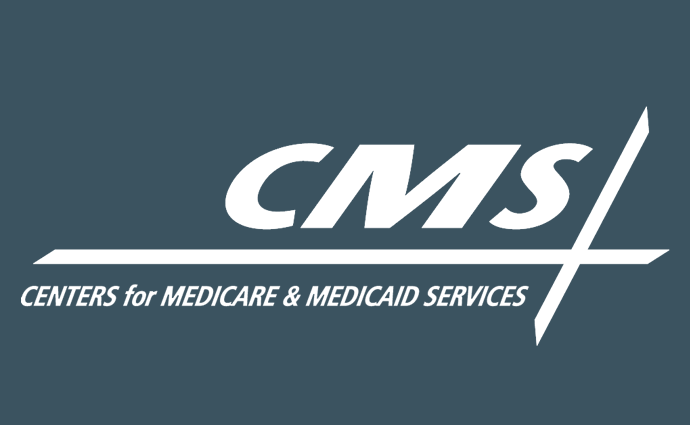CMS Extends Medicare Advantage Audit Program in 2019 Rule
CMS has extended the Medicare Advantage Risk Adjustment Data Validation audit program as a part of a 2019 proposed rule.

Source: Thinkstock
- CMS will be continuing its Medicare Advantage audit program, the agency indicated in a proposed 2019 rule, in an effort to ensure program integrity and reduce inappropriate payments to insurers.
The changes are part of CMS’s new initiatives to modernize Medicare Advantage. The proposed rule emphasizes changes that allow insurers to experiment with new benefit designs and leverage telehealth. The rule also includes provisions related to the Risk Adjustment Data Validation (RADV) audits for MA contracts.
RADV audits review if Medicare Advantage payments are appropriate during each plan year, CMS explained. The proposed rule extends the use of RADV audits to previous and future plan years, and changes how CMS will review MA payments.
RADV audits will now calculate the accuracy of an MA plan’s risk adjustment conditions based on beneficiary characteristics in a small sample of plan enrollees. The audits will validate hospital inpatient, hospital outpatient, and physician/practitioner medical records and adjust MA payments accordingly.
Up to 201 enrollees from each contract will be selected for audit, CMS explained. The beneficiaries will be chosen based on clinical data and enrollment data, including length of coverage and Medicare Part B coverage.
RADV audits usually end up in the recovery of payments if risk adjustment data doesn’t line up with what the payer submitted to CMS. The agency will now use sample MA populations to calculate risk adjustment accuracy and determine if CMS overpaid MA plans starting in 2011.
CMS stated that new RADV audits will not distribute funds back to MA payers if they previously experienced an improper payment cut. The agency explained that there would be too many administrative challenges to reissue payments based on historical data.
“We believe that it would not be appropriate to correct any systematic payment error in the MA program through a payment adjustment that was only applied to audited contracts,” said CMS. “Doing so would introduce inequities between audited and unaudited plans, by only correcting the payments made to audited plans.”
RADV audits are expected to create a positive return on investment for CMS as more payers participate in Medicare Advantage.
CMS estimates that earlier audits from 2011 to 2013 resulted in $650 million in improper payment recoveries from MA plans. RADVs cost roughly $54 million a year to perform. Moving forward, CMS believes it could recover an average of $435 million a year.
In 2020, CMS estimates that RADVs could collect nearly $1 billion in improper MA payments.
The agency explained that the Medicare Trust Fund would continue to experience savings by ensuring MA payments would not be made improperly to plans. CMS added that the audits do not impact health plan costs or require plans to implement additional changes.
The RADV audits could lead to greater savings for Medicare, but may create new frustrations for Medicare Advantage payers.
AHIP CEO Matt Eyles issued a statement cautioning federal leaders about the use of RADVs to recover improper MA payments. He explained that RADV audits may not accurately sample beneficiary populations, and could penalize larger commercial payers at increased rates than smaller payers, according to a previous AHIP study on RADV methodologies.
“To deliver for beneficiaries, insurance providers must have clarity and certainty regarding the MA program,” Eyles said. “AHIP supports program oversight to protect taxpayers and beneficiaries – but audits must be conducted in ways that are methodologically and actuarially sound, and are legally appropriate, to avoid highly inaccurate findings that could undermine the ability of MA plans to deliver for the 20 million Americans they serve.”
The organization plans to submit comments to CMS about the new rule to warn federal leaders about the implications of RADV audit expansion for Medicare Advantage payers.
“Health insurance providers are accountable to the seniors they serve on Medicare Advantage as well as the taxpayers who pay for it,” Eyles concluded. “In our comments, AHIP will offer solutions for how we can work together to improve coding, deliver better transparency, and ensure appropriate payments as we continue to serve the health needs of MA enrollees.”
